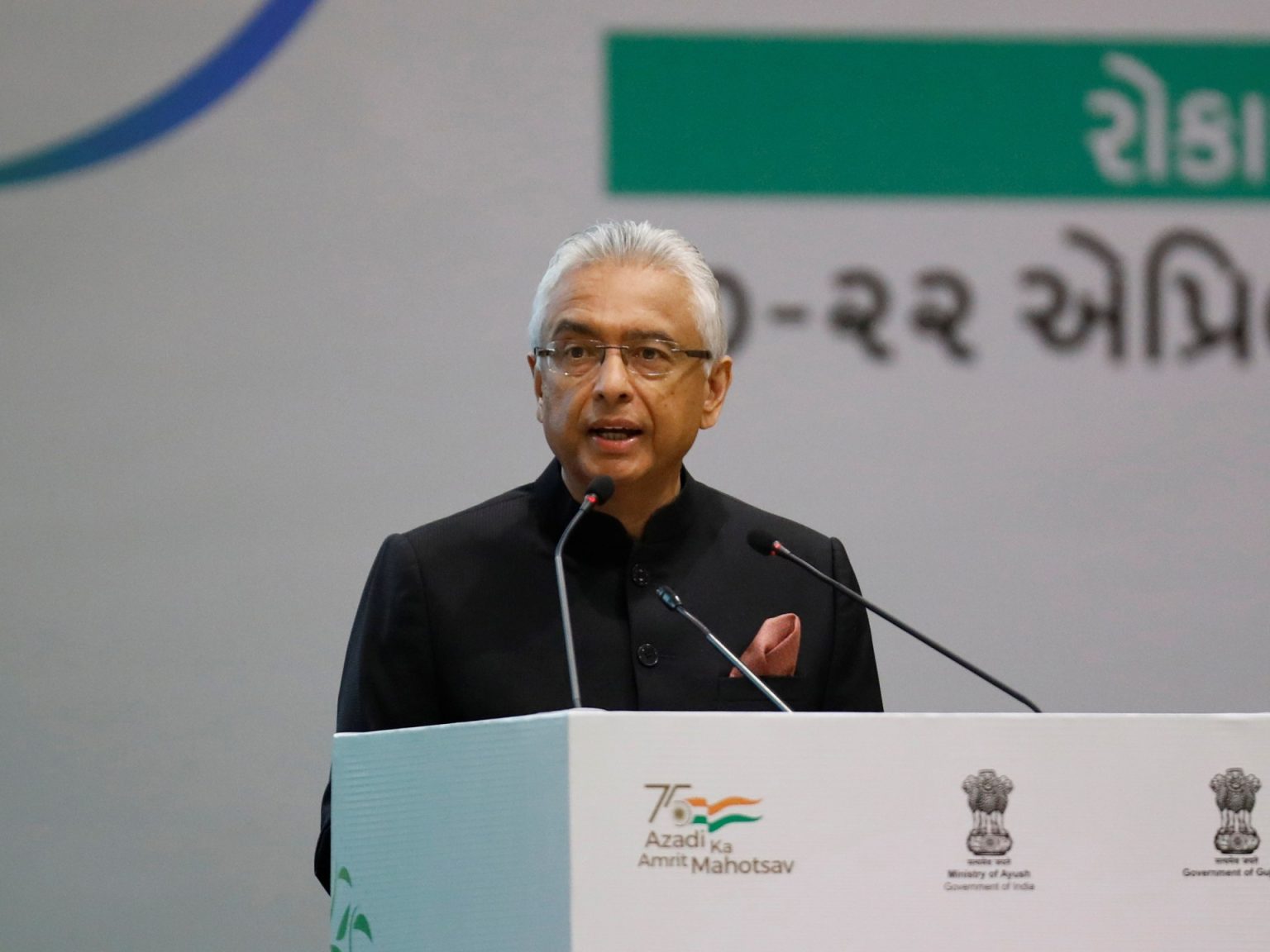The recent ban on social media in Mauritius until November 11, following a wiretapping scandal involving leaked audio tapes that implicated politicians, journalists, and foreign diplomats, has stirred controversy ahead of the country’s upcoming general election. The move was ordered by the communications regulator in response to “illegal postings” and to preserve national security and integrity. The office of Prime Minister Pravind Kumar Jugnauth stated that the restrictions were necessary to contain existing risks. Telecom operators in the country confirmed the implementation of the ban, which has affected access to platforms such as Facebook, Instagram, TikTok, and more.
The leak of around 20 audio conversations involving high-ranking officials, including politicians, police, lawyers, journalists, and members of civil society, on social media platforms like TikTok since mid-October has caused a stir. Private calls featuring British High Commissioner Charlotte Pierre were also leaked, as well as a conversation where the police commissioner seemingly requested a forensic doctor to alter a report on a person who died in police custody. This prompted a judicial investigation. The opposition in Mauritius has accused the government of imposing the ban in an attempt to avoid defeat in the election, stating that the Prime Minister is looking to extend his rule and maintain his party’s parliamentary majority.
Critics of the social media ban have pointed out its negative impact on media organizations, political parties, and individuals who heavily rely on these platforms for news and communications. There are concerns that the ban is a politically motivated move to suppress dissent and influence the outcome of the election. Despite the ban, opposition parties are gearing up for potential legal actions and political maneuvers to prevent the re-election of the Militant Socialist Movement. The arrest of former CEO of Mauritius Telecom, Sherry Singh, and three other suspects as part of the investigation into the leaks indicates the seriousness of the situation.
The leak of conversations implicating journalists in wiretapping has raised concerns about press freedom in Mauritius. The situation has been condemned by organizations like Reporters Without Borders (RSF), who have called for an independent investigation into the matter. Political analyst Jocelyn Chan Low believes that the wiretapping scandal and the leaked audio tapes will have a significant impact on the election outcome. There is a sense of public outrage over the alleged scandals highlighted in the leaks, and this could sway voter sentiment. The ban on social media has further intensified the political tensions in the country and raised questions about freedom of expression and government transparency.
In response to the ban, activists and citizens in Mauritius have taken to social media to express their discontent and opposition to the restrictions. The ban on social media platforms has disrupted daily communications and access to information for many people in the country, prompting concerns about censorship and freedom of speech. The outcome of the election and the handling of the wiretapping scandal will have far-reaching implications for the future of democracy and governance in Mauritius. It remains to be seen how the authorities will address the issues raised by the leak of the audio tapes and the subsequent ban on social media.


